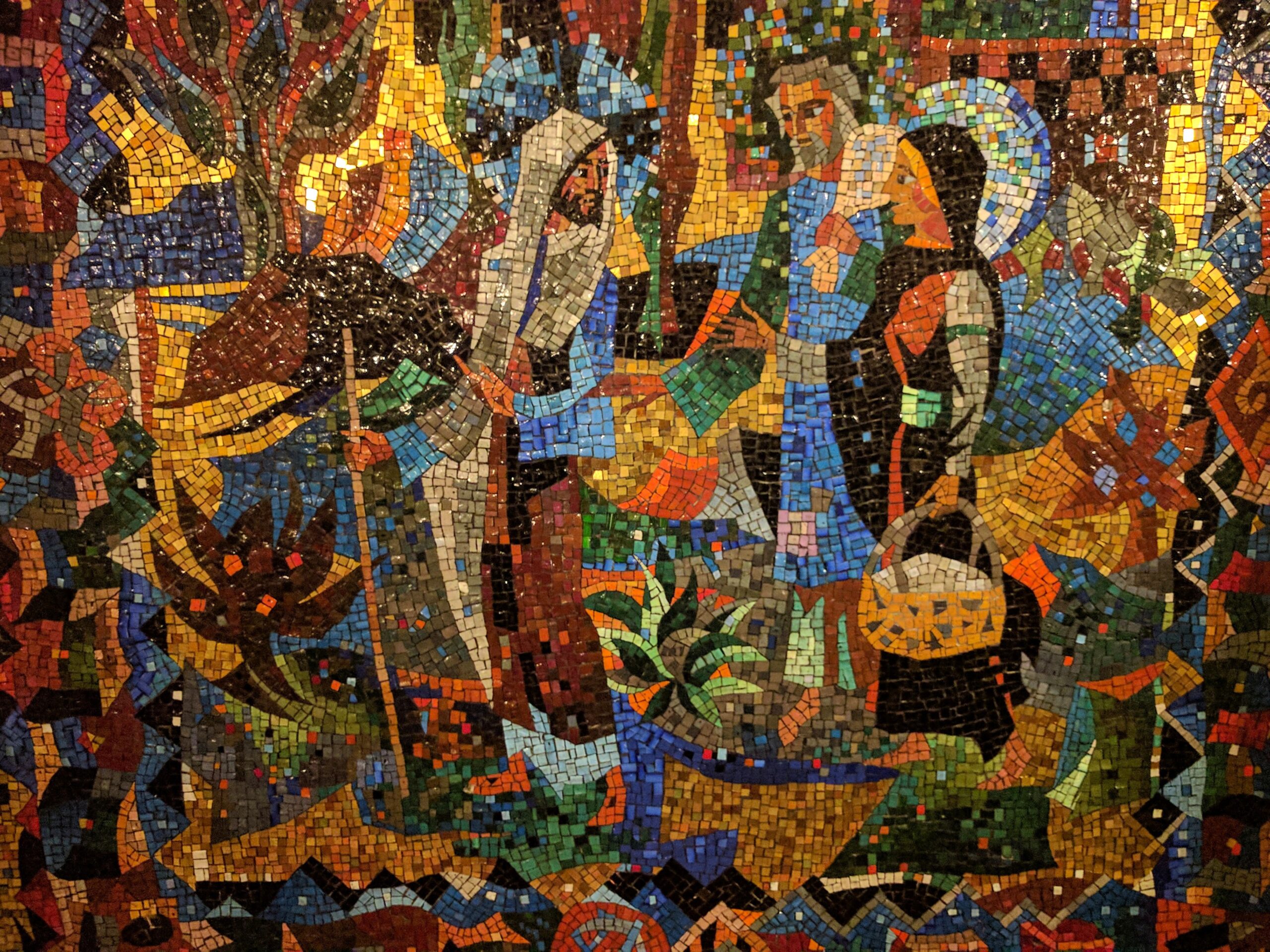Early 2000s
Servantworks was founded in 2003.
In 2004, workers began outreach in Bangkok and provided hospitality and care for women in the sex industry.
In 2005, The Well began as an official full-time residential work-study program.


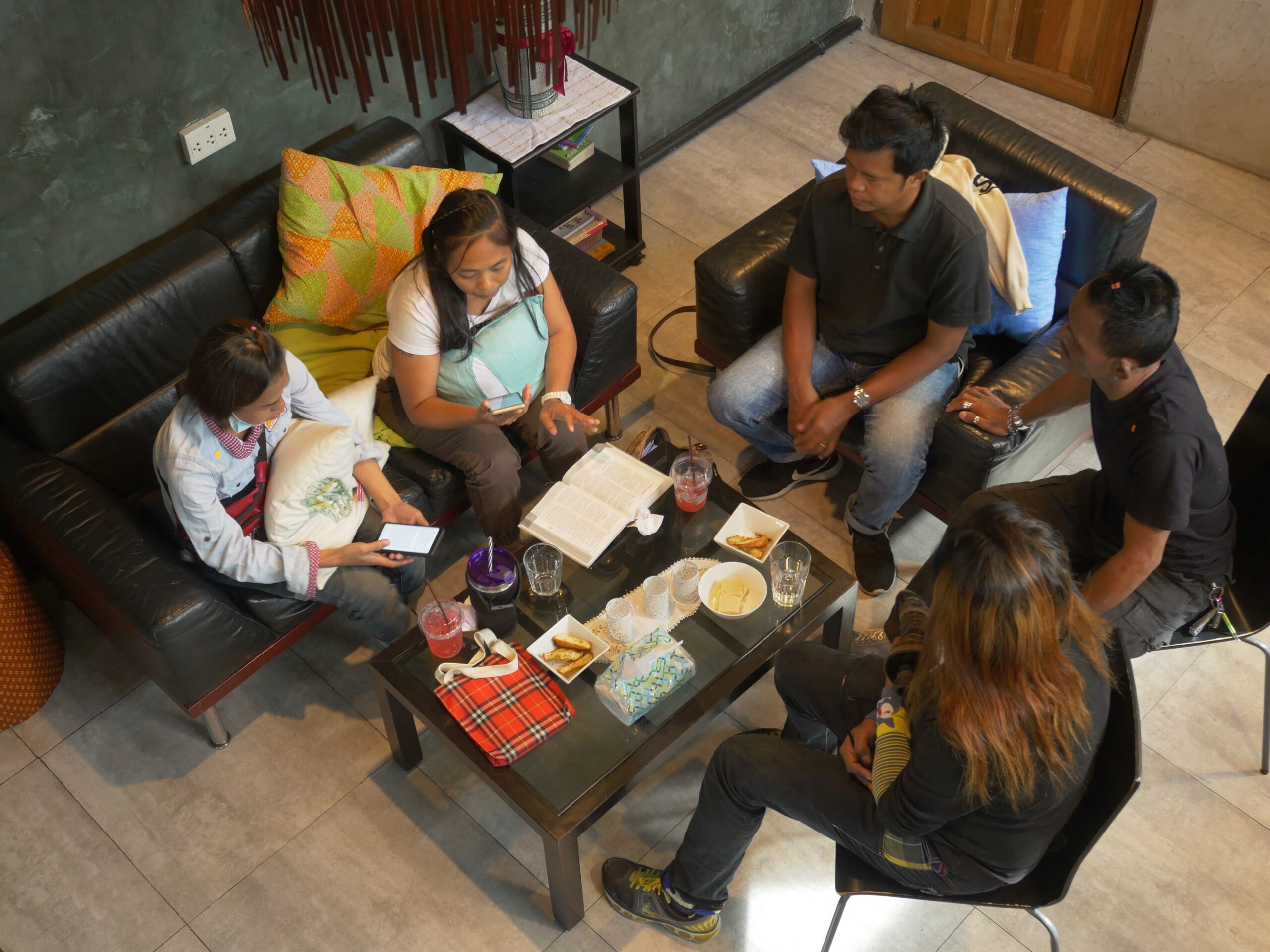
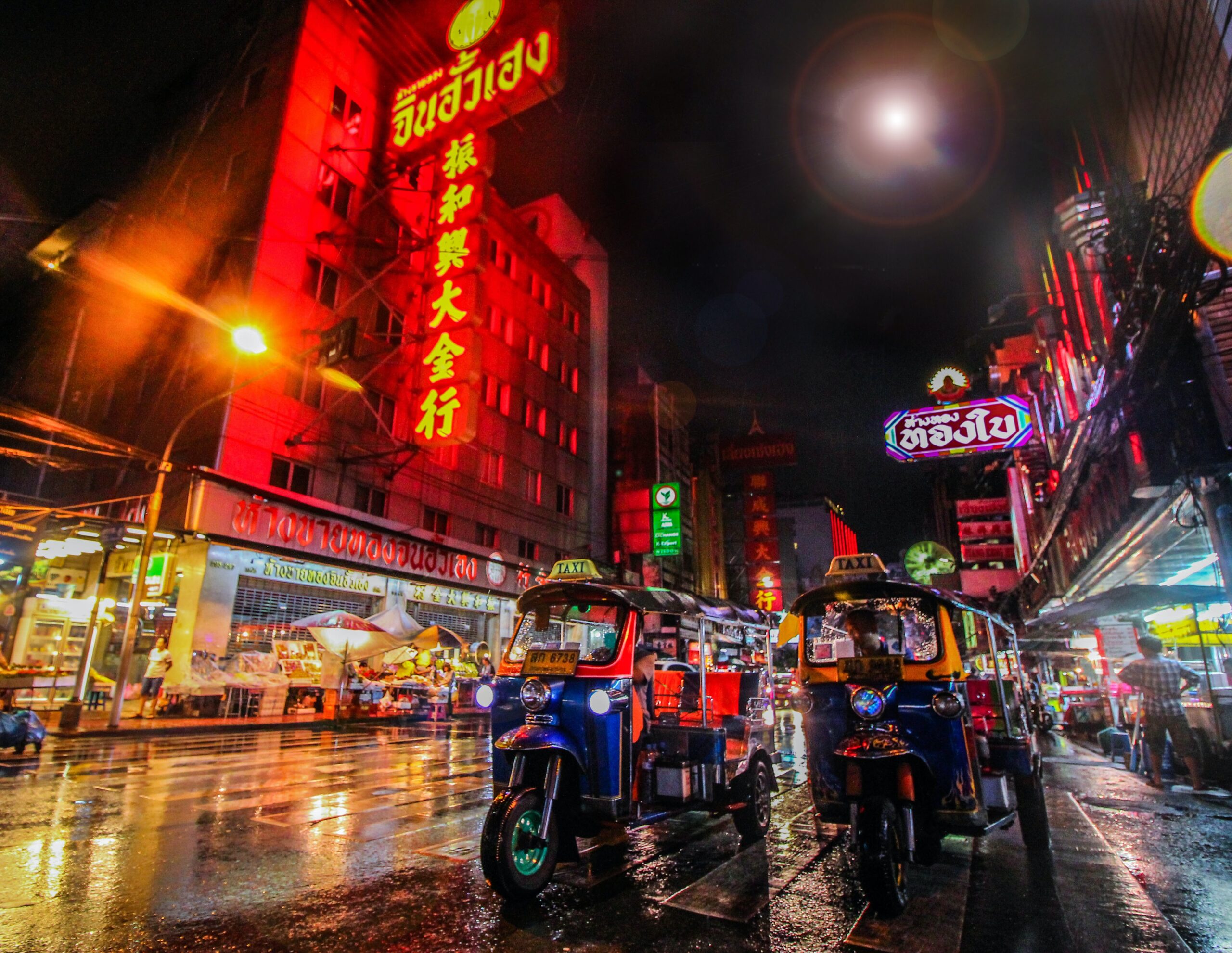
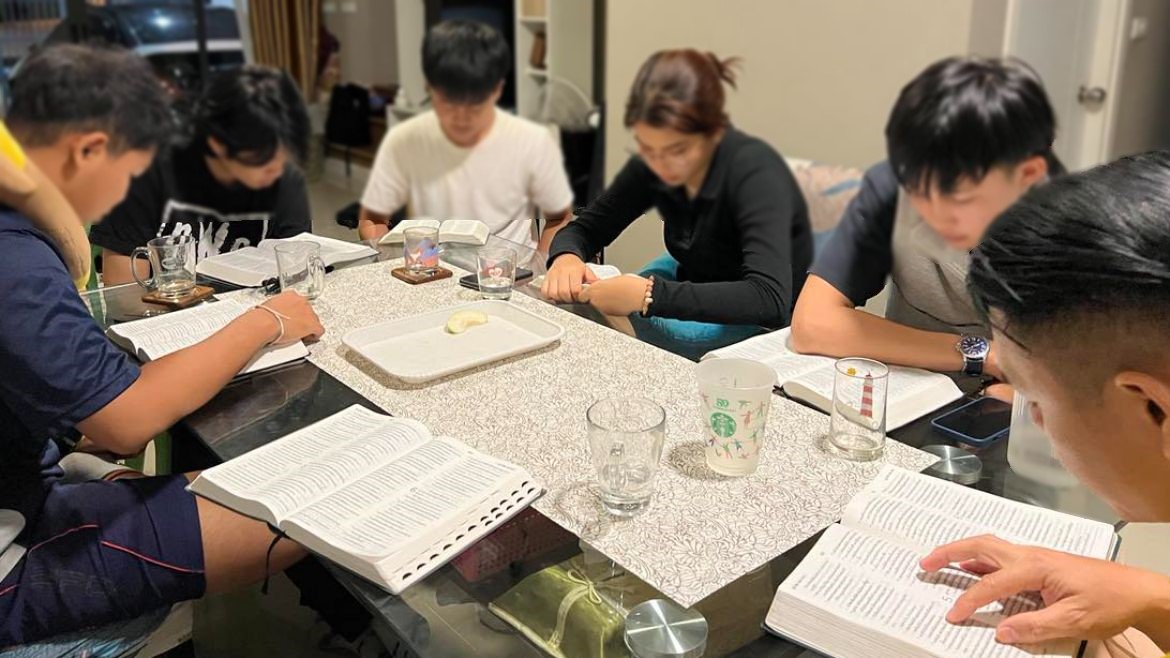
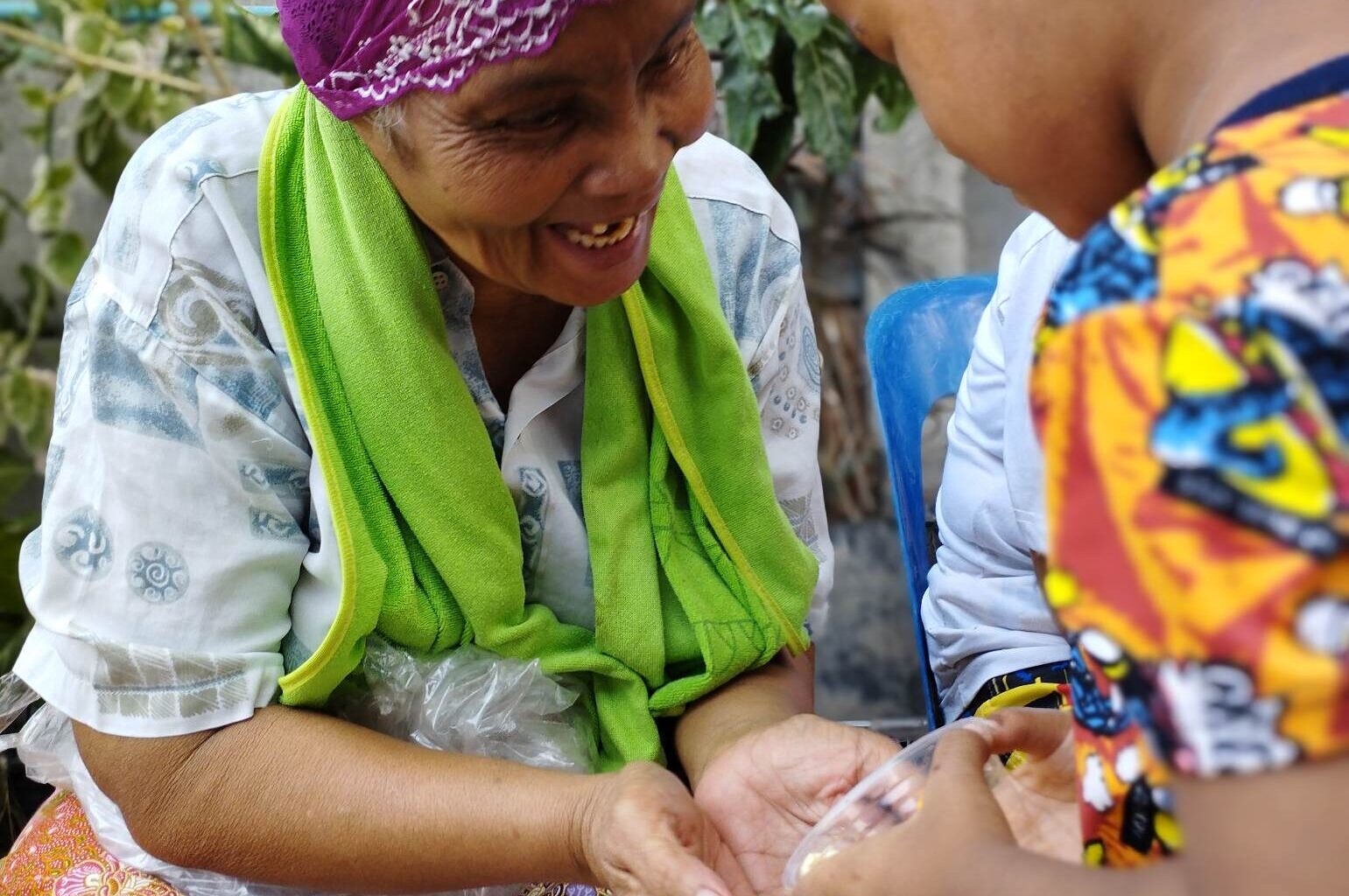
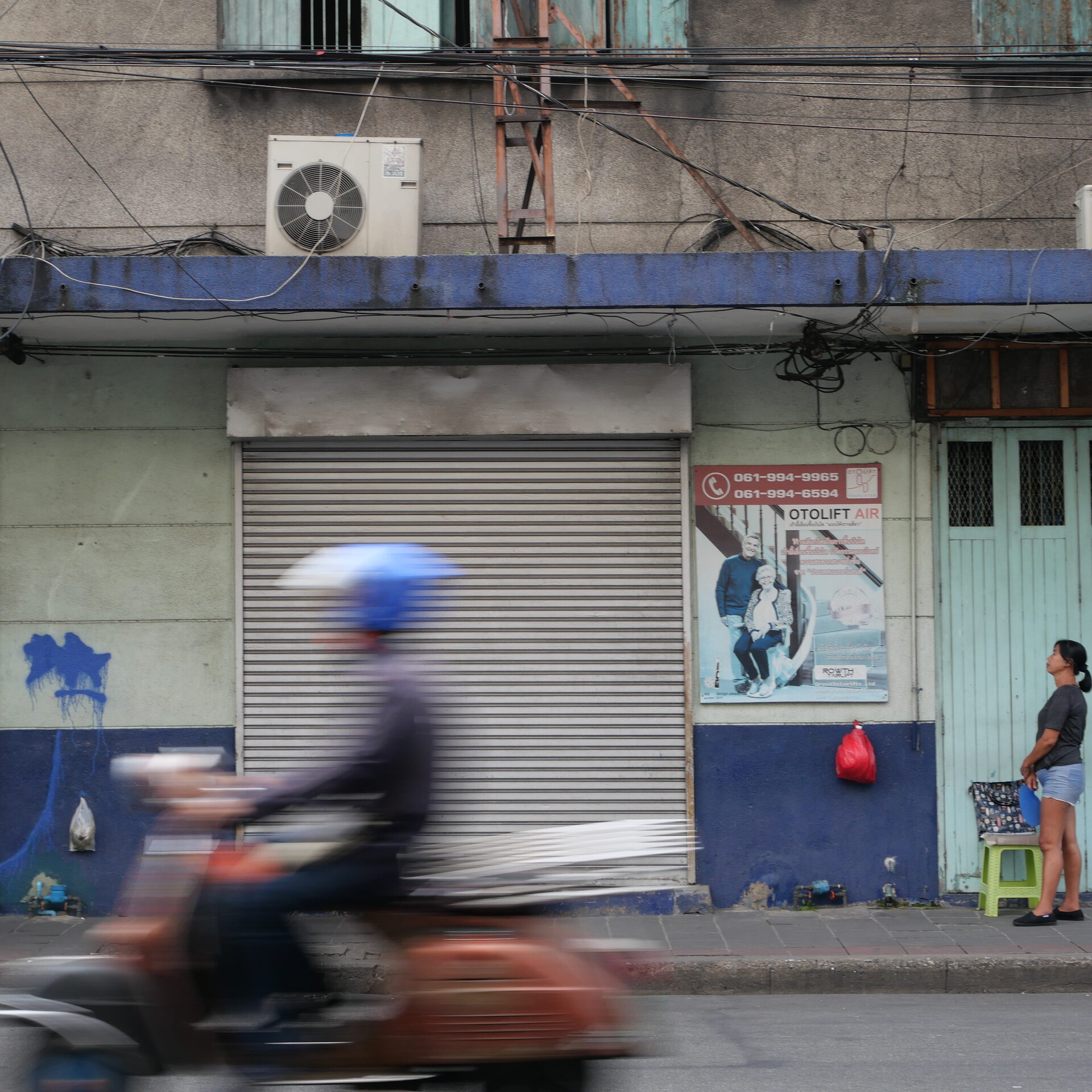


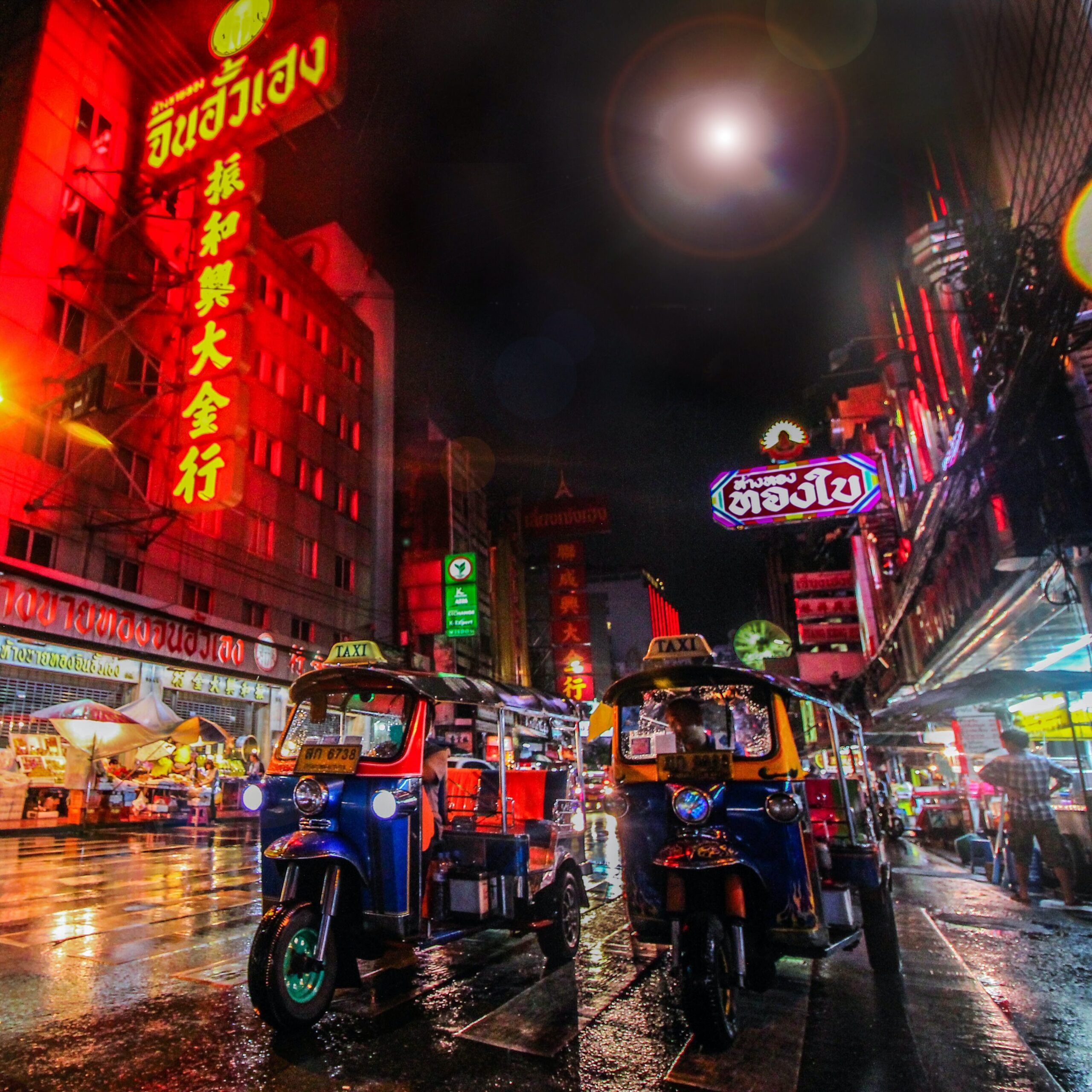
Late 2000s
The Well Gospel Church began in 2006.
The work program at The Well was focused on handcrafted products, mainly greeting cards and jewelry. Volunteers in the U.S. sold these to raise funds under the brand name “Narimon.”
Thai Restoration Community Development Foundation was begun for our non-profit work with the Thai Government, and The Well Products was started as a limited liability company to manage the handcrafted products.
By 2009, The Well served over 50 at-risk women and a few men.
The rapid growth during this period exposed major challenges as workers began to understand the complexity surrounding the Thai sex industry. These not only produced conflict among clients, but stress and conflict among workers as well. However, some clients did began to thrive and grow, and are in ministry today.
Early 2010s
The Well team adjusted strategy, opting to work with fewer people over a longer period. The management-intensive residential program was reduced in favor of helping women rent nearby housing.
Effort also went into finding and developing expertise and structures that could work effectively with the challenges noted above, especially childcare, parenting assistance, and trauma recovery.
The Well Gospel Church relocated to a different area of Bangkok in 2010.
At the invitation of a church in the Chinatown area, workers began outreach to street sex workers there, including many with chronic psychiatric needs.
The Breakthrough ministry, led by Cori Wittman, began in a rural community in northeast Thailand, working mostly with at-risk teen girls.



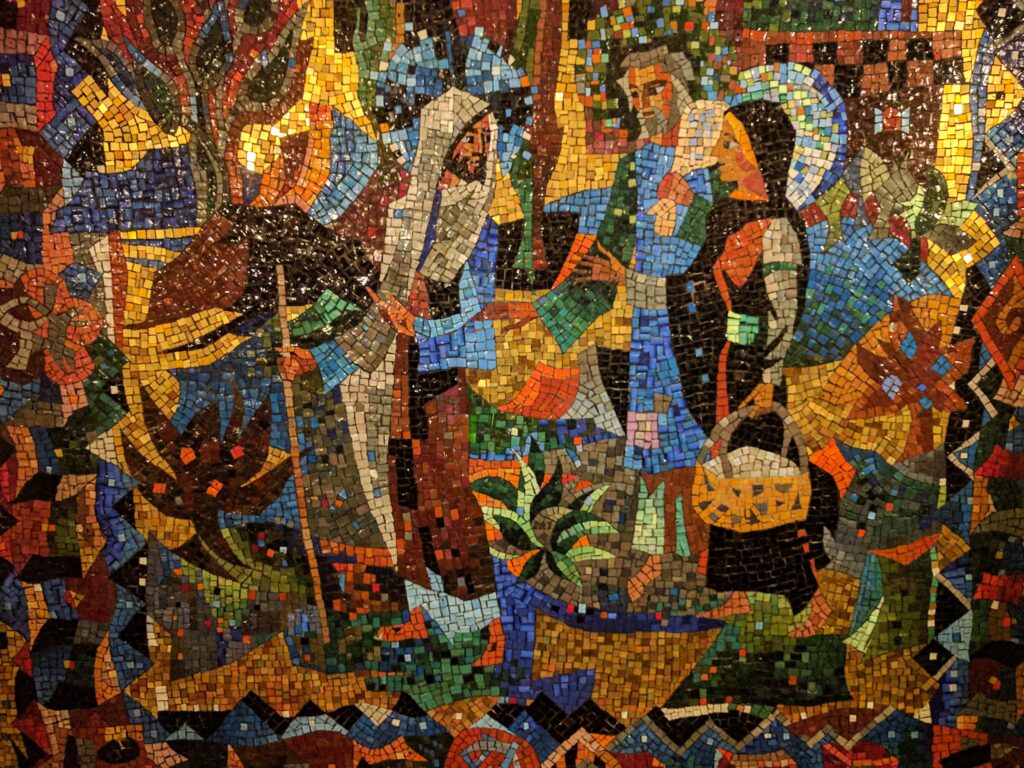




Late 2010s
Thai workers, most whom had come out of brokenness through our work, began assuming leadership roles, with non-Thai’s taking initial steps towards the long term goal to make the Thai work independent of American support.
In the U.S., the management burden of Narimon became too difficult for volunteers, which significantly increased costs. Meanwhile in Bangkok, it became clear that other types of employment readiness training would be more effective. Narimon was phased out and we refocused our work program on local entrepreneurship, including a coffee shop and food products marketed online.
Bangkok work space was repurposed as Connect Center, a space for an outreach-focused church. The Blessed Church began at this location.
The Breakthrough project helped several girls complete college, then ended when Cori Wittman transitioned back to the U.S.
2020s
Restrictions from COVID-19 made both the day program unfeasible, so workers chose to sunset those and begin developing efforts for 3 key at-risk groups: teens, mothers and those with chronic needs.
In partnership with Thai churches, Khru Ann began ministry to the recycling communities near On Nut.
Anusorn Kotchaknreng led a team to begin Saturday morning enrichment classes and leadership development to reach teenagers in our neighborhood.



